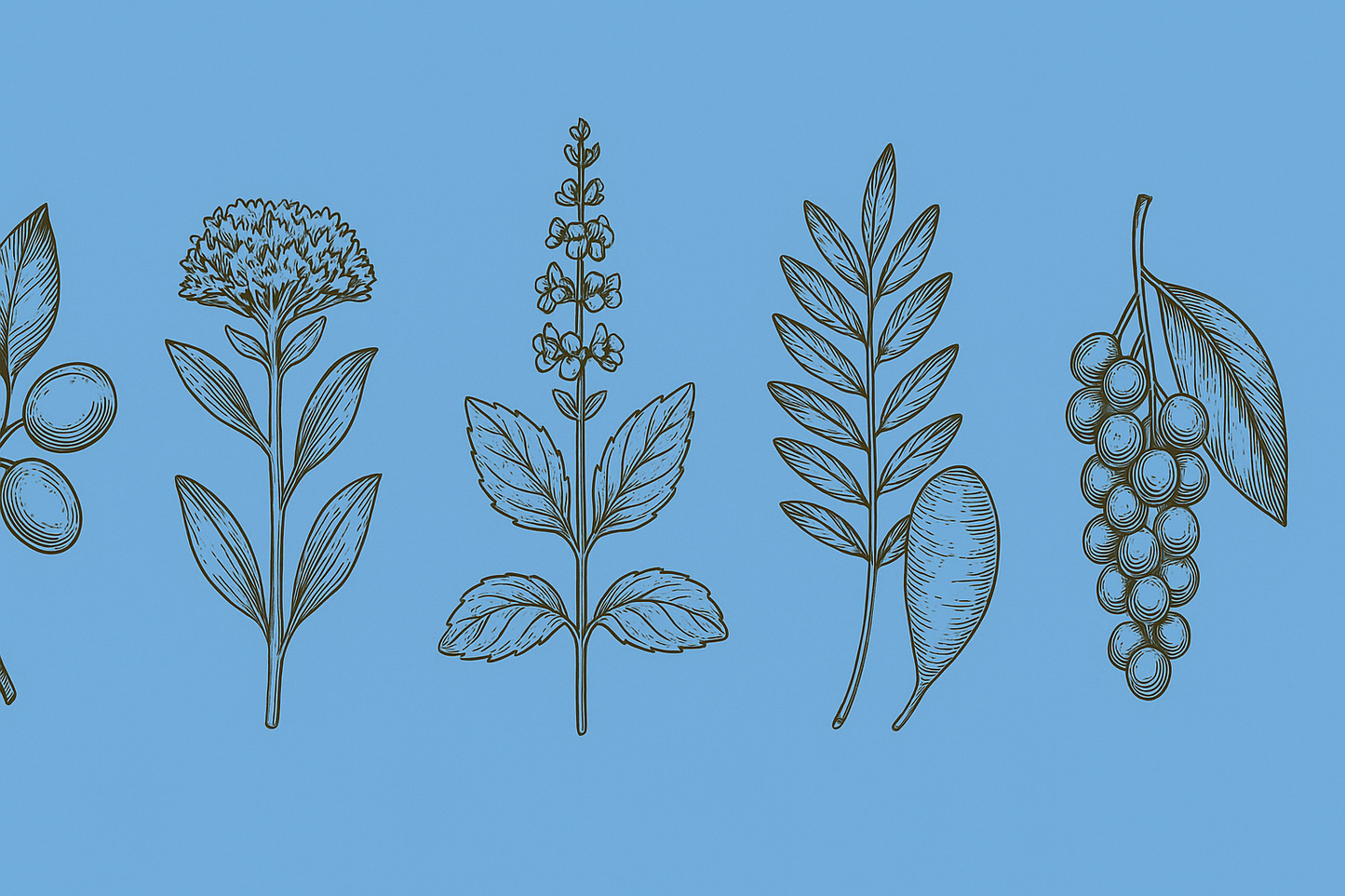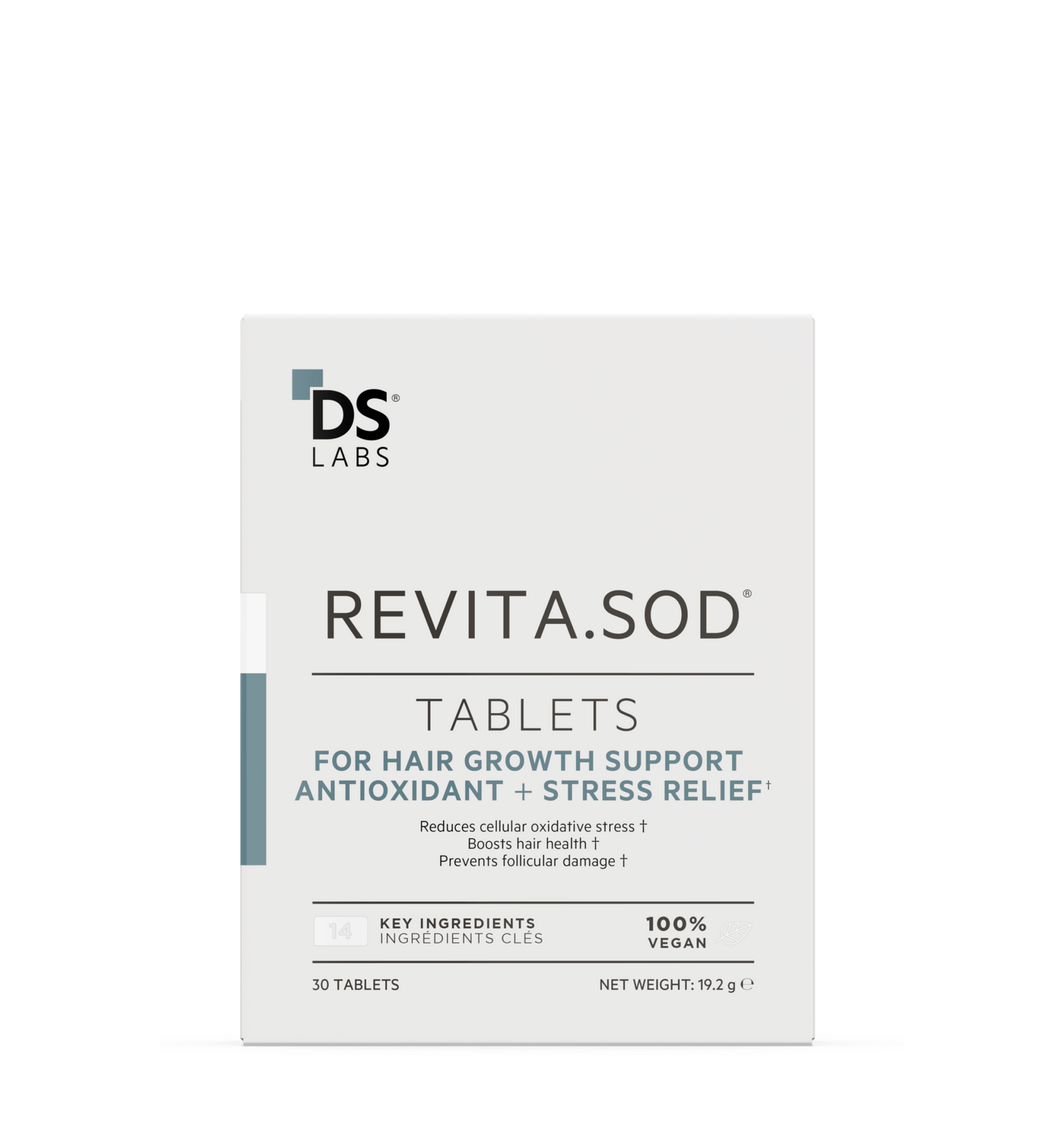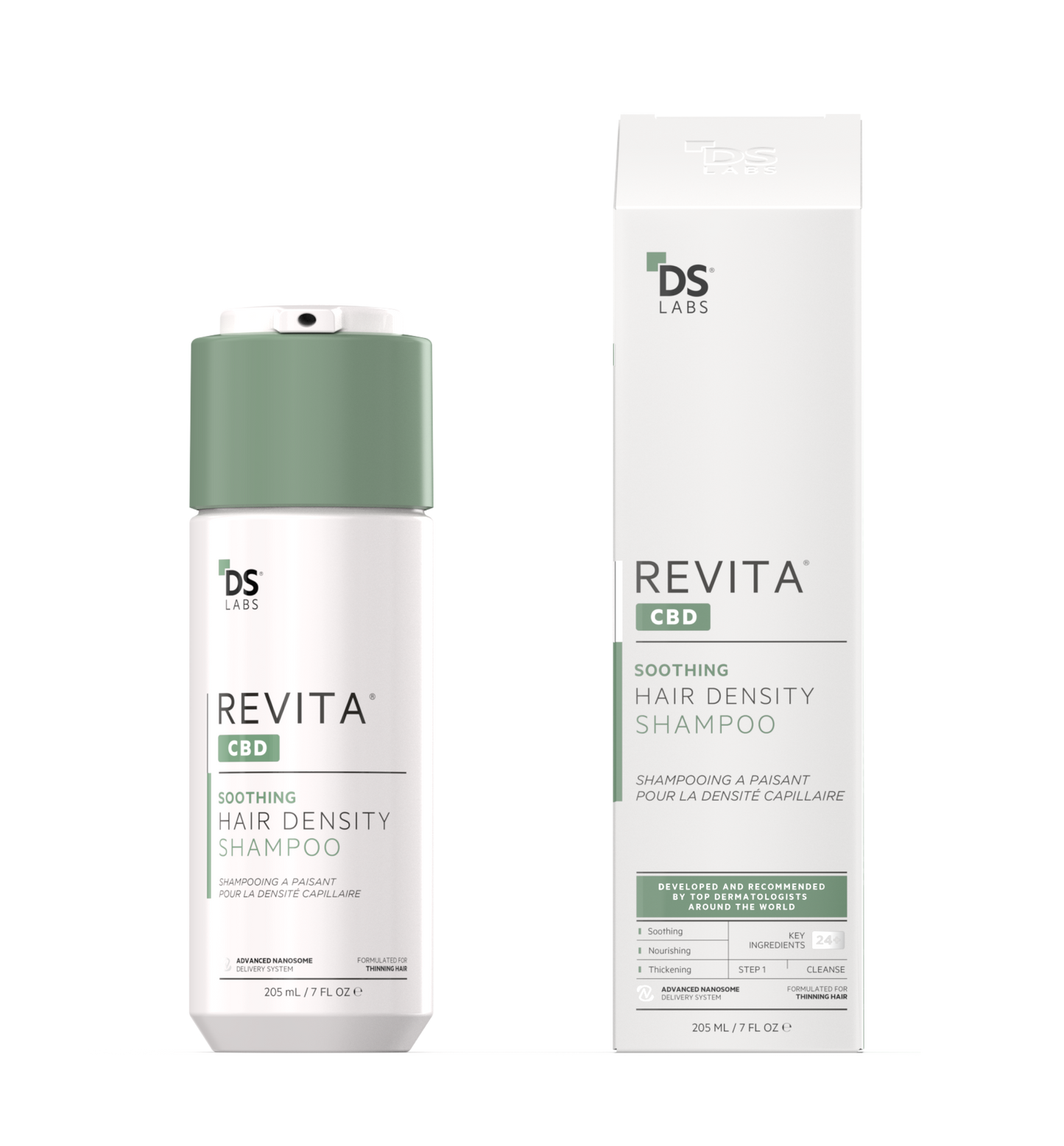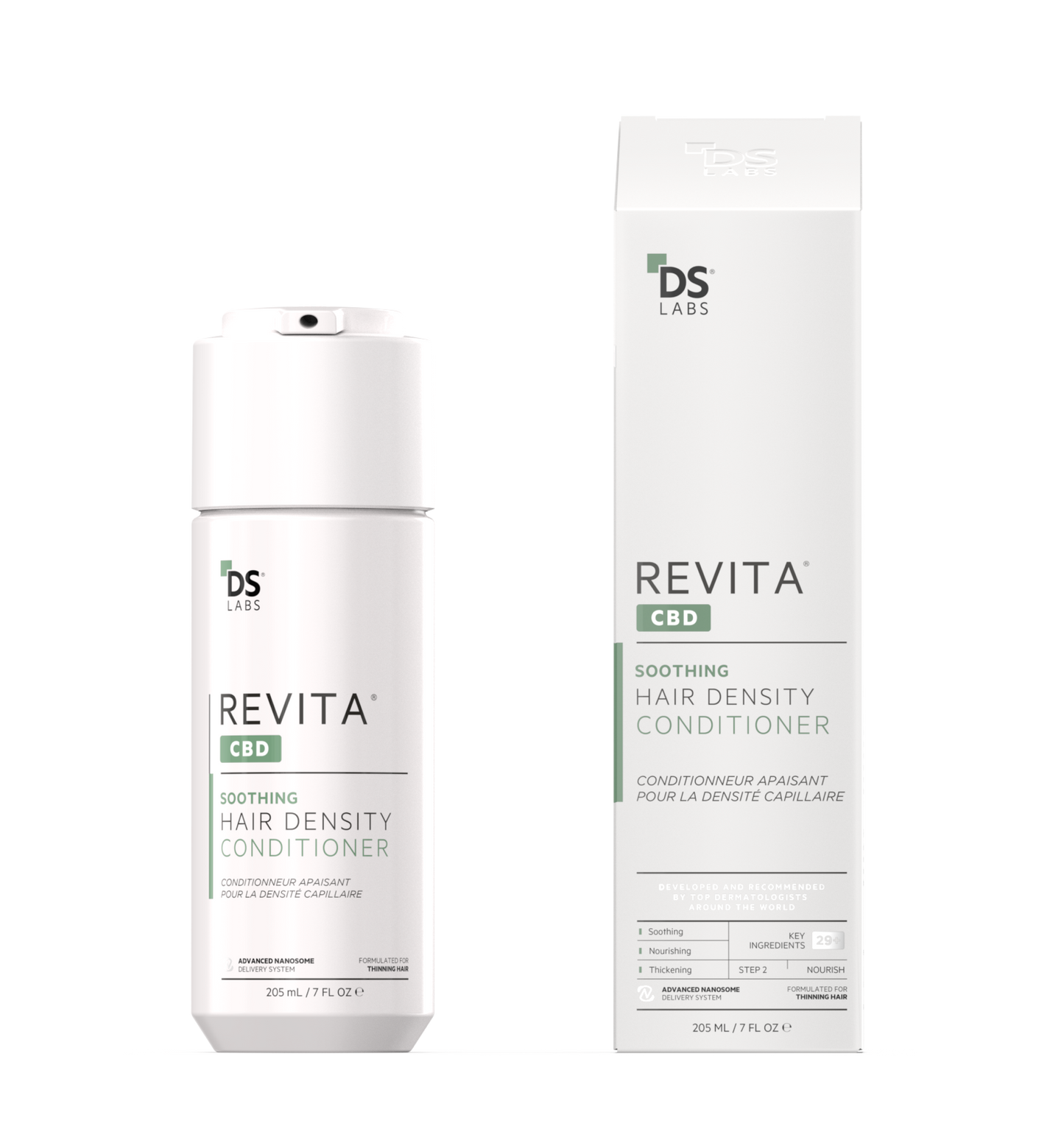Adaptogens have gained popularity in recent years for their ability to support the body’s stress response, but their potential impact on hair health is only beginning to be explored. Rooted in traditional medicine and increasingly backed by modern science, these botanicals offer a unique, holistic approach to addressing one of the most overlooked factors in hair loss: stress.
What Are Adaptogens?
Adaptogens are a class of natural substances—primarily herbs and roots—that help regulate the body’s response to stress. Rather than functioning like stimulants or sedatives, they work to bring the body back to balance, enhancing overall resilience and homeostasis.
In the context of hair, adaptogens are being studied for their potential to influence the hair growth cycle by regulating stress hormones, reducing inflammation, and supporting endocrine and immune function.
Stress and the Hair Growth Cycle
Chronic stress can elevate cortisol levels, disrupt hormonal balance, and trigger inflammation—all of which may negatively impact the scalp and hair follicles. High cortisol levels have been linked to a condition known as telogen effluvium, where hair prematurely enters the shedding phase.
By helping regulate cortisol and promote systemic balance, adaptogens may indirectly support more consistent, healthy hair growth patterns.
Common Adaptogens in Hair Research and Formulation
Withania Somnifera (Ashwagandha)
A cornerstone of Ayurvedic medicine, Ashwagandha is known for its ability to reduce cortisol and support hormonal stability. These properties make it one of the most cited adaptogens in stress-related hair loss studies.
Rhodiola Rosea
Native to cold climates, Rhodiola is associated with enhanced mental and physical endurance. Its role in regulating the hypothalamic-pituitary-adrenal (HPA) axis may contribute to its potential protective effects on the hair growth cycle.
Schisandra Chinensis
Used in traditional Chinese medicine, Schisandra is rich in antioxidants and supports liver function and cellular resilience. It may help protect the scalp against oxidative stress and inflammation.
Ocimum Sanctum (Holy Basil or Tulsi)
This adaptogen is known for its calming effects and is used to support immune response and reduce inflammatory markers. A healthier, calmer scalp environment may benefit overall hair health.
Astragalus Membranaceus
Often used for immune modulation and tissue regeneration, Astragalus is believed to support the body’s recovery from stress while enhancing cellular repair—an important factor in scalp maintenance.
In conclusion, while more clinical research is needed to confirm the direct benefits of adaptogens on hair, their ability to support overall stress resilience and inflammatory balance presents a compelling area of interest. As a growing number of consumers seek holistic solutions to hair health, adaptogens may play an increasingly important role in haircare formulations.















